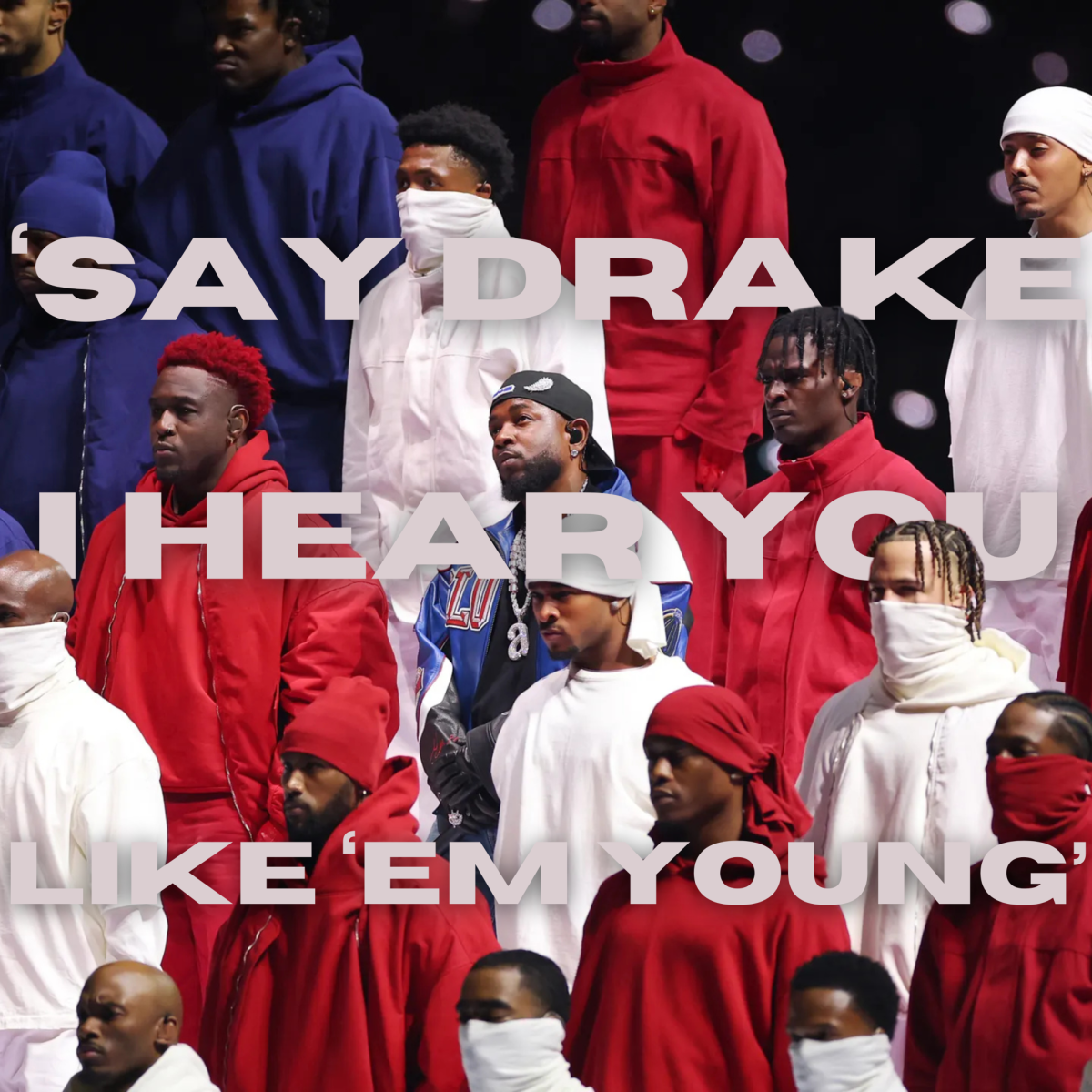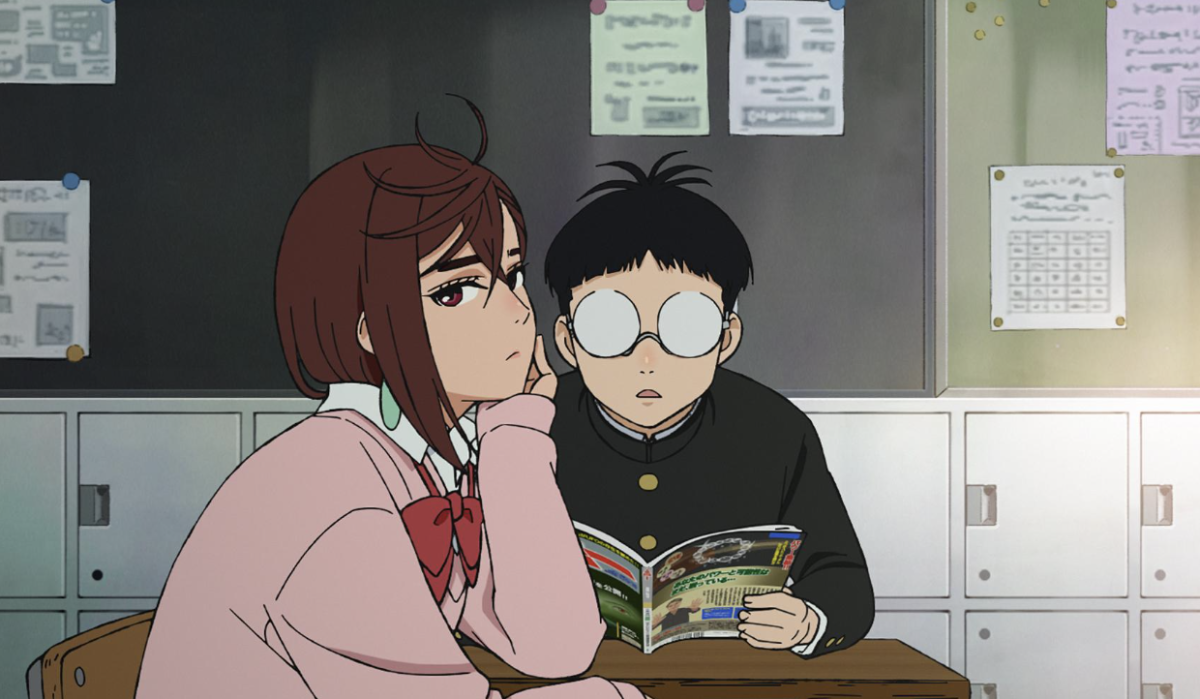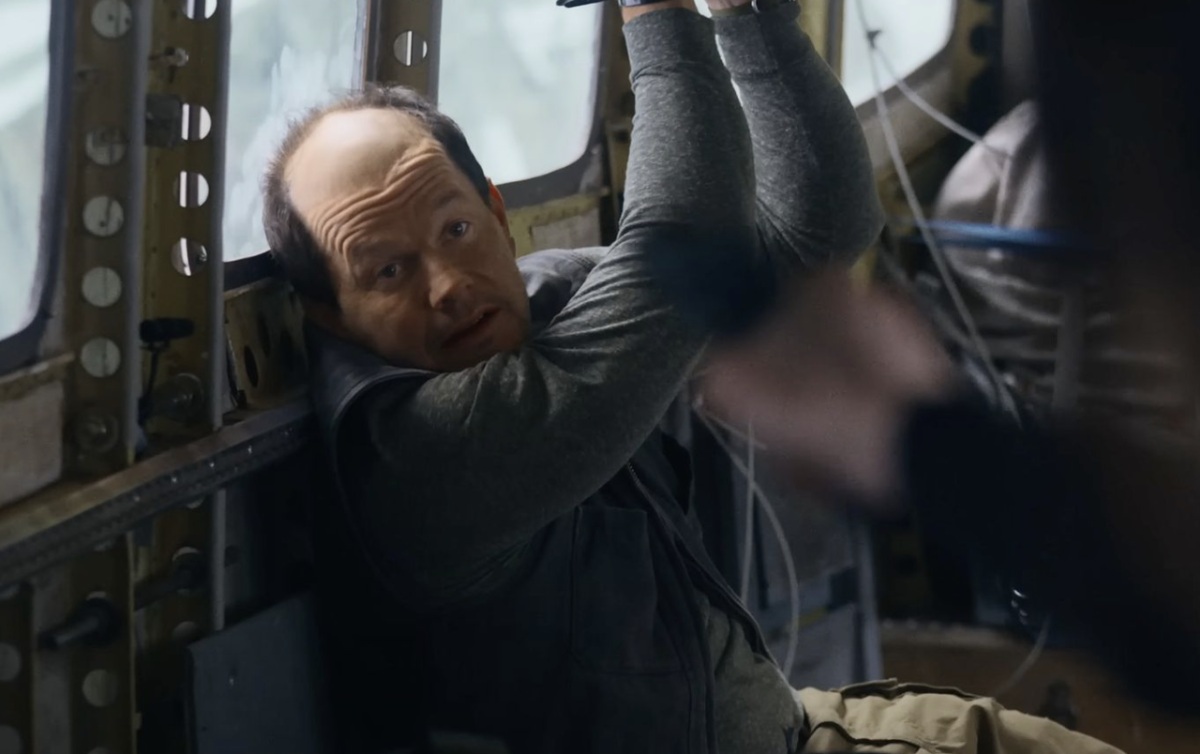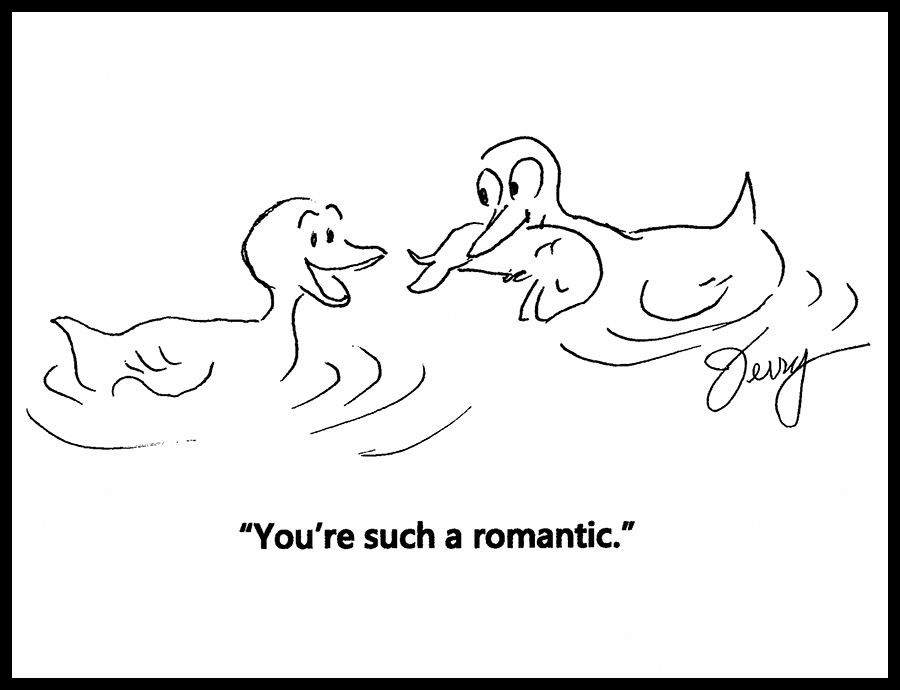“It Ends With Us,” the adaptation of Colleen Hoover’s bestselling novel, is a film that deals with significant themes but stumbles in its execution. Directed by Justin Baldoni, who also stars as Ryle Kincaid, the movie attempts to blend romance with the disturbing reality of domestic violence. However, it struggles to maintain its footing which leaves viewers with a sense of dissonance.
Blake Lively steps into the role of Lily Bloom, a character whose name is as quirky as her bohemian style. Lively’s portrayal of Lily is a complete shift from the roles she’s typically known for, like Serena van der Woodsen in “Gossip Girl.” The casting choice, however, feels more like an oddity than a perfect fit, much like the film itself.
The movie opens with a simple meet-cute: Lily, fresh from her father’s funeral, encounters the handsome neurosurgeon Ryle on a Boston rooftop. Their interaction is filled with chemistry, setting the stage for the start of a romance. Yet, even in these early moments, there are hints of the darkness to come with Ryle’s temper flaring while he vents his frustration, serving almost as a warning sign of what could potentially unfold.
As the film progresses, we are introduced to Lily’s past through flashbacks, which include her first love with a homeless boy named Atlas. These glimpses into her past are meant to provide context for her current choices, but they feel superficial. They lack the emotional depth that’s needed to to fully engage the audience. Instead, the focus goes back to the present, where Ryle and Lily’s relationship becomes deeper and stronger, ultimately leading to marriage.
The story then takes a sharp turn when Ryle’s violent tendencies come to the spotlight. The suddenness of his first act of abuse caught me off guard. While the film attempts to portray the complexity of such situations, it fails in making Ryle’s character as anything more than a charming man with a hidden dark side. The transition from prince to perpetrator is too quick, and that left me more disoriented than moved.
In contrast, Atlas, who reappears as an adult, doesn’t come off as a fully realized person, but rather as a plot point for the story. His presence is more of an escape for Lily than a testament to her strength. This weakens the film’s message about breaking the cycle of violence. It suggests that the solution lies not in self-reliance but in the availability of a better option.
Visually, the film doesn’t live up to its potential. Despite its Boston setting and Lily being a florist, the movie surprisingly lacks vibrance, which, in my opinion, is a missed opportunity to visually contrast the beauty of life with the darker themes at play. Instead, we are left with a dull, muted palette that doesn’t really elevate the strong emotional weight of the story.
In a nutshell, “It Ends With Us” is a film that tries to combine too many elements at once — romance, drama, social commentary — and ends up dropping a few. While it deserves credit for trying to accurately portray the difficult subject of domestic violence, its execution feels more like a checklist of plot points. For those who were hoping for a movie that could both entertain and provoke deep emotions, this adaptation may disappoint you.
Grade: C+





